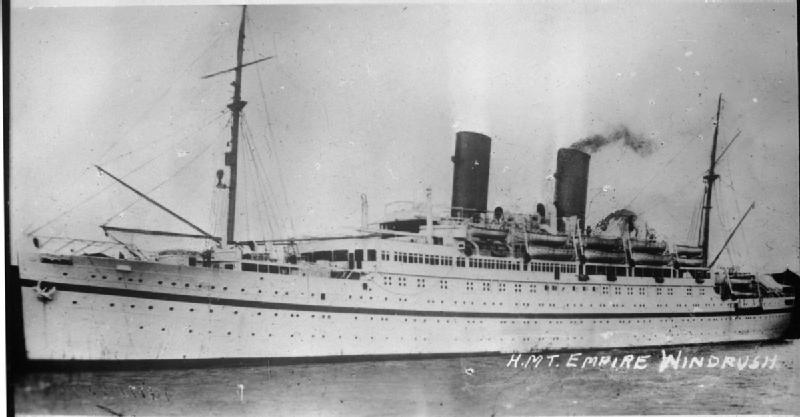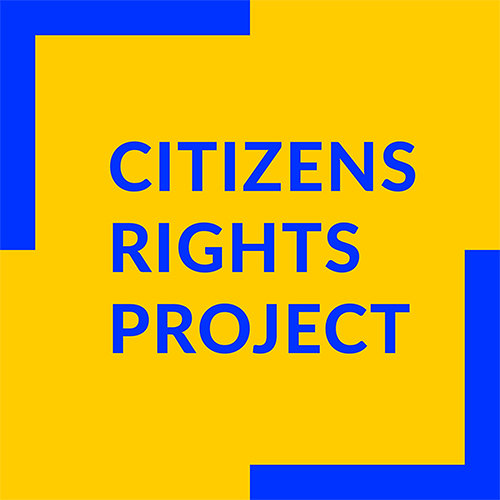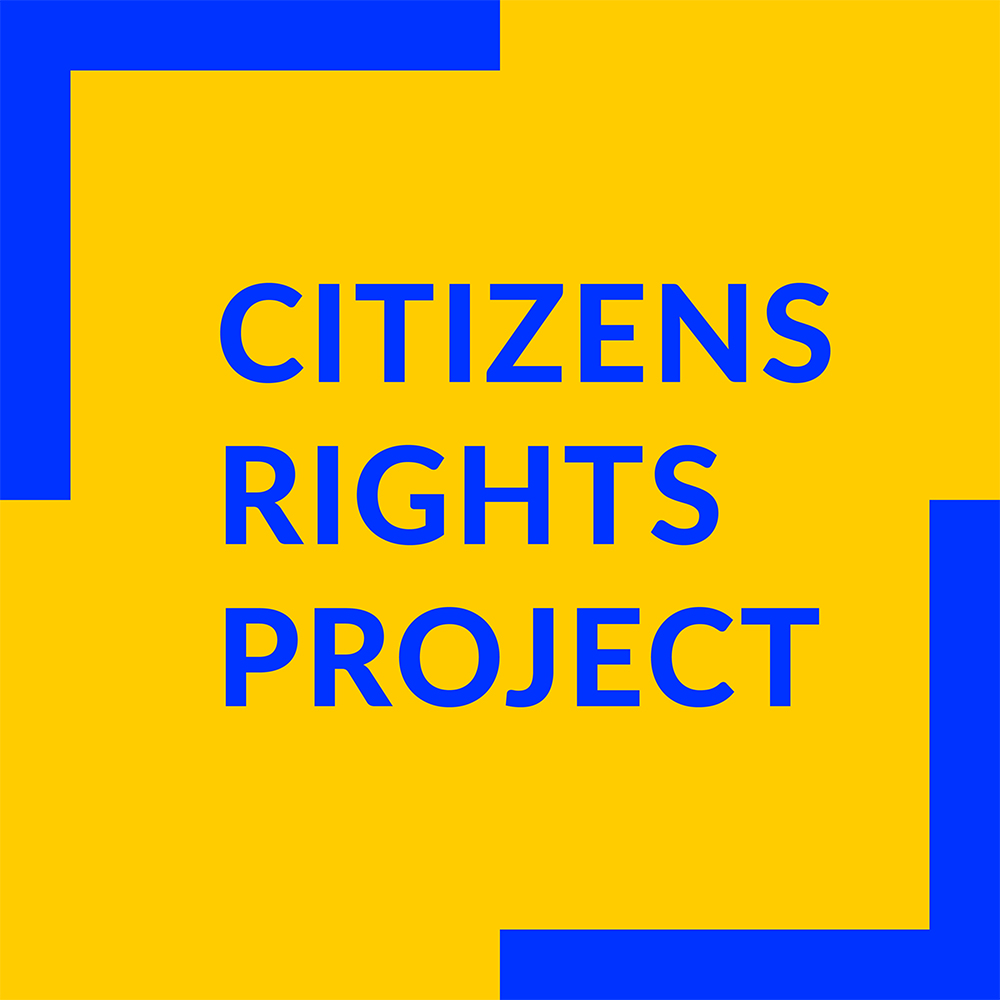Did you come to live in the UK before 31 December 1988 and are now settled here? If you faced difficulties because you could not demonstrate your lawful status in the UK:
- You may be entitled to compensation under the Windrush Compensation Scheme
- You can apply for a physical document to prove you can live and work in Britain
This applies to any nationality.
Windrush Scheme
If you’re settled in the UK but do not have a document to prove it, you may be eligible to apply to the ‘Windrush Scheme’.
You may be able to apply for a document to prove you can live and work in the UK if one of the following is true:
You may be able to apply for a document to prove you can live and work in Britain if both of the following apply:
- you’re a Commonwealth citizen
- you were settled in the UK before 1 January 1973
What you’re entitled to depends on whether you:
- have been living in the UK continuously
- left the UK for more than 2 years and came back
- are outside the UK
You can apply for British citizenship or a document confirming you have indefinite leave to remain.
If you do not have indefinite leave to remain but are here lawfully, you can apply for it through the scheme.
To apply, one of your parents must be a Commonwealth citizen and either:
- was settled in the UK before 1 January 1973
- had the right of abode
One of the following must also be true:
- you were born in the UK
- you came to live in the UK before turning 18
You must have lived continuously in the UK since arriving (or being born) here.
You can apply for a document to prove you can live and work in Britain if you came to live in the UK before 31 December 1988 and are now settled here.
You can be of any nationality.
How to apply
When you apply, the Home Office will work with other government departments to find records of you living in the UK.
None of your information will be shared with immigration enforcement teams.
It’s free to apply.
If you’re in the UK
Apply using the Windrush Scheme application form (UK).
Post it to the address on the form with your supporting documents.
The Windrush helpline can post a paper form to you.
Windrush helpline
commonwealthtaskforce@homeoffice.gov.uk
Telephone: 0800 678 1925
Monday to Friday, 9am to 5pm
If you’re outside the UK
You must apply using an online form.
You might also be entitled to apply for citizenship for free if you’re a Commonwealth citizen who settled in the UK before 1 January 1973, or you’re the child of someone who did.
- Anguilla
- Antigua and Barbuda
- Australia
- The Bahamas
- Bangladesh
- Barbados
- Belize
- Bermuda
- Botswana
- British Antarctic Territory
- British Indian Ocean Territory
- Brunei
- Canada
- Cayman Islands
- Cyprus (excluding the Sovereign base area)
- Dominica
- Falkland Islands
- Fiji
- The Gambia
- Ghana
- Gibraltar
- Grenada
- Guyana
- Hong Kong
- India
- Jamaica
- Kenya
- Kiribati
- Lesotho
- Malawi
- Malaysia
- Maldives
- Malta
- Mauritius
- Monserrat
- Namibia
- Nauru
- New Zealand
- Nigeria
- Pakistan
- Papua New Guinea
- Pitcairn, Henderson, Ducie and Oeno Islands
- Saint Helena, Ascension and Tristan da Cunha
- Saint Lucia
- Samoa
- Seychelles
- Sierra Leone
- Singapore
- Solomon Islands
- South Africa
- South Georgia and the South Sandwich Islands
- Sri Lanka
- St Kitts and Nevis
- St Vincent and The Grenadines
- Swaziland
- Tanzania
- Tonga
- Trinidad and Tobago
- Turks and Caicos Islands
- Tuvalu
- Uganda
- Vanuatu
- Virgin Islands
- Zambia
- Zimbabwe
Windrush Compensation Scheme
You may be able to claim compensation if you suffered losses because you could not show that you had a right to live in the UK.
‘Losses’ can be things like not being able to work, find a place to live or get health treatment. They can also include immigration action, like detention or removal from the UK.
You might be able to get compensation for losses relating to:
- employment
- immigration fees
- housing
- health
- education
- driving licences
- banking
- daily life – for example, you missed major family events or could not travel
- detention and removal
You can apply for the scheme if:
- you’ve had losses because you could not prove your right to stay in the UK
- you’ve had losses because you’re the partner, child, brother, sister or parent of someone who could not prove their right to stay in the UK
- you represent the estate of someone who had losses because they could not prove their right to stay in the UK
If you are applying for yourself (a ‘primary claimant’)
You can apply if one of the following is true:
- you came to the UK from a Commonwealth country before 1973
- your parents or grandparents came to the UK from a Commonwealth country before 1973
- you came to the UK from any country before 31 December 1988 and are now settled here
You’ll need to show that you suffered losses because you could not prove your right to stay in the UK.
Read Primary claimant: Windrush compensation claim guidance for details of the evidence you will need to provide.
If you are applying as a close family member
You must show that you experienced a loss because a close family member could not prove that they had a right to live in the UK.
The family member must be your partner, parent, child, brother or sister. They do not need to have made a claim, but they must be or have been eligible.
Read Close family member: Windrush compensation claim guidance for details of the evidence you will need to provide.
If you are under 18, you need a parent or guardian to submit the claim on your behalf.
If you are applying as representative of an estate
You must show that the person who died:
- would have been eligible for the scheme as a primary claimant
- suffered losses because they were unable to prove that they had a right to live in the UK.
Read Representative of an estate: Windrush compensation claim guidance for details of the evidence you will need to provide.
You can get support if you do not currently have the legal right to deal with someone’s estate (probate). This includes help applying for probate and financial help, for example with legal costs up to £1,500.
You should apply by email. You can apply by post, but your application will take longer because of coronavirus.
The form and the guidance tell you where to send your completed application.
There are separate forms and guidance for each kind of claim.
If you are applying for yourself (a ‘primary claimant’)
Apply using Primary claimant: Windrush compensation claim form.
If you are applying as a close family member
Apply using Close family member: Windrush compensation claim form.
If you are applying as representative of an estate
Apply using Representative of an estate: Windrush compensation claim form.
If you need help to claim
The Windrush help team can:
- post a form to you
- help you work out if you’re eligible
- put you in contact with ‘We Are Digital’, an independent organisation who can help you fill in the application form
- give extra support to those who need it – for example, elderly or vulnerable claimant
If you are outside the UK, you can:
- call the help team
- send an email and request a call back
- send an email and request an email reply
You may be charged for making or receiving a call – check the exact cost with your phone network provider.
Windrush help team
windrushcompensationscheme@homeoffice.gov.uk
Telephone: 0800 678 1925
Monday to Friday, 9am to 5pm
If you only need help with filling in the application form, you can contact We Are Digital directly.
We Are Digital
Telephone: 0808 196 8496
Monday to Friday, 9am to 5pm
You will be contacted to confirm that your claim has been received.
You will get a letter offering you compensation if you are successful. You must write back to accept the offer.
Receiving the payment
After you’ve accepted the offer, the money will be paid into your bank account.
If you live overseas, the money will be paid into your bank account using an international bank transfer.
If you are unhappy with the offer
If you are unhappy about the compensation decision, you can ask for a review.
If you are not satisfied with the result of this review, you can ask for an independent adjudicator to look at it.
The History of Windrush
The Windrush Generation
People arriving in the UK between 1948 and 1971 from Caribbean countries have been labelled the Windrush generation. Many took up jobs in the nascent NHS and other sectors affected by Britain’s post-war labour shortage.
It refers to the ship MV Empire Windrush, which docked in Tilbury on 22 June 1948, bringing workers from Jamaica, Trinidad and Tobago and other islands, to help fill post-war UK labour shortages. The ship carried 492 passengers – many of them children.
It is unclear how many people belong to the Windrush generation, but they are thought to be in their thousands.

The Windrush Scandal
The Windrush scandal began in 2018 concerning people who were wrongly detained, denied legal rights, threatened with deportation, and in at least 83 cases wrongly deported from the UK by the Home Office. Many of those affected had been born British subjects and had arrived in the UK before 1973, particularly from Caribbean countries, as members of the “Windrush generation”. As well as those who were deported, an unknown number were detained, lost their jobs or homes, had their passports confiscated, or were denied benefits or medical care to which they were entitled. A number of long-term UK residents were refused re-entry to the UK a larger number were threatened with immediate deportation by the Home Office.
Guardian journalist Amelia Gentleman investigated and began reporting their experiences. As these shocking stories hit the headlines, Caribbean leaders took the issue up with then-prime minister, Theresa May. There was widespread shock and outrage at the fact that so many Black Britons had had their lives devastated by Britain’s deeply flawed and discriminatory immigration system.
Because many of the Windrush generation arrived as children on their parents’ passports, and the Home Office destroyed thousands of landing cards and other records, many lacked the documentation to prove their right to remain in the UK. The Home Office also placed the burden of proof on individuals to prove their residency predated 1973. The Home Office demanded at least one official document from every year they had lived here. Attempting to find documents from decades ago created a huge, and in many cases, impossible burden on people who had done nothing wrong.

